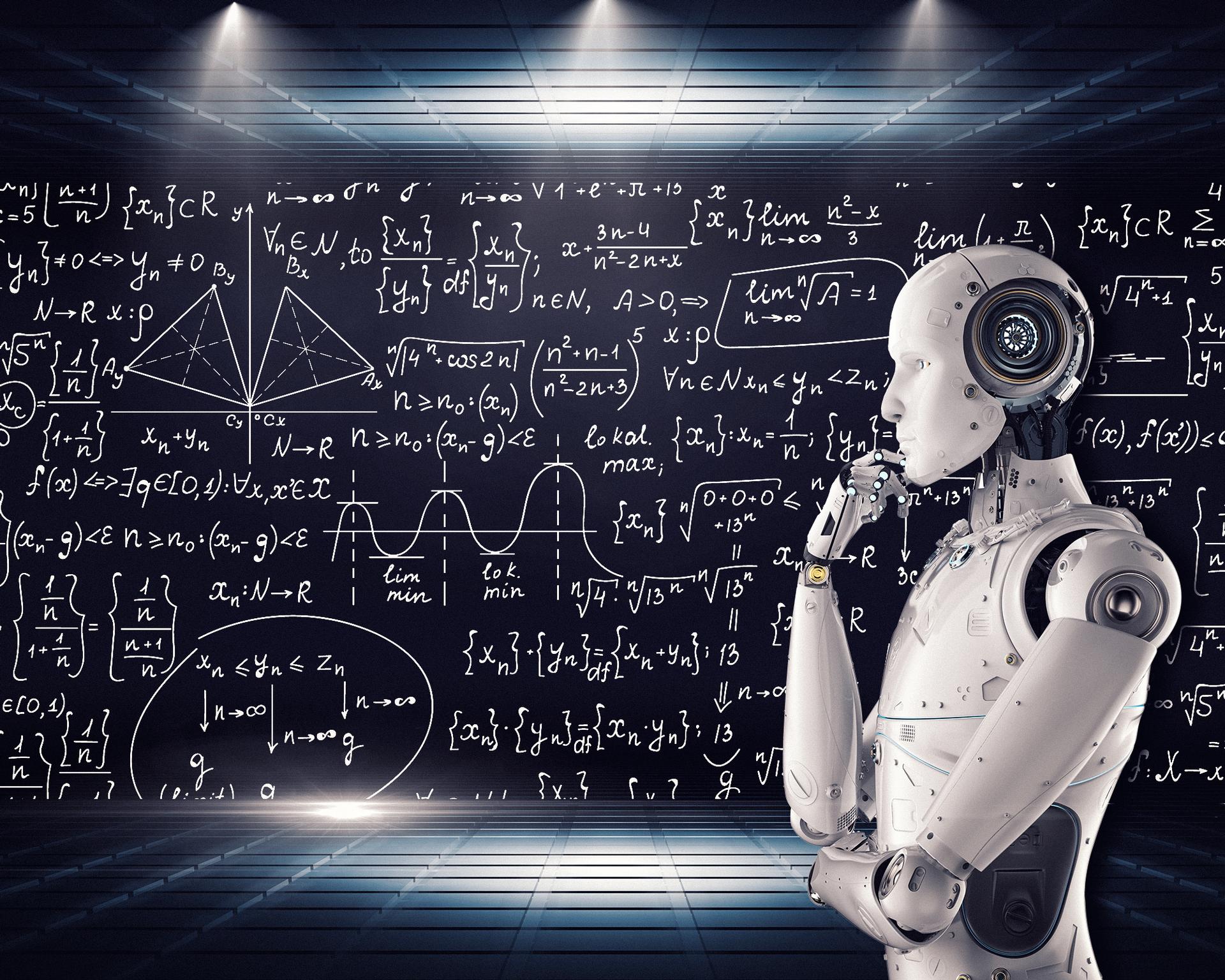
As I was reading last month’s Hot Topic Newsletter on our website, (https://www.regardingyourmoney.com/HOT-TOPIC-Will-Artificial-Intelligence-Upend-the-American-Workforce.c10084.htm) I got to wondering how life as we know it will be affected by Artificial Intelligence (AI). Will AI replace jobs? Will AI increase worker productivity? Will AI continue to develop until it takes over human thought?
To try to answer some of the questions about where AI will take us, we must first understand what it is. LinkedIn provided, in a 2021 article, the clearest definition I’ve seen: AI involves using computers to do things that traditionally require human intelligence. AI can process large amounts of data in ways that humans cannot. AI uses lots of data to be able to do things like recognize patterns and make decisions. And, AI does this without becoming fatigued and needing a break.
Some applications in which AI already plays a role:
- It makes recommendations that suggest what products you might like to add to your online order. AI can also optimize inventory and fulfillment for online shopping by learning and correcting recurring supply chain issues. Further, it enables real time inventory accuracy.
- AI is widely used in healthcare to aid in diagnoses, track medical records and deal with insurance claims.
- AI can quickly identify fraud from banking transactions and money laundering or cashier theft and returns abuse. All of these actions optimize business revenues and lower costs to consumers. In addition, it allows faster and more accurate credit scoring using many more data sources than were possible in the past.
- AI is used by many call center operators to free up Customer Service Representatives to handle calls where human judgment is needed.
- Other applications include weather forecasting, autonomous vehicles and playing chess against your computer.
With all of these capabilities, should we be worried about losing our jobs to AI? AI can process a lot of data quickly and accurately and can ‘learn’ and become even more accurate with each model. However, humans are essential to set up and ask the right questions of the AI and only humans have the human experiences to add value judgments. For example, in medicine. AI can be used to pinpoint cancer on medical images. The oncologist must develop a treatment plan and meet with the patient and family to discuss options. The oncologist is the human connection.
Will AI replace jobs? An executive at a leading artificial-intelligence company has said what many people fear: While its technology may create new jobs, it will likely eliminate some too.
Some workers will become more productive as they reclaim time previously given over to, for lack of a better term, grunt work.
According to Brad Lightcap, chief operating officer of OpenAI, “This kind of productivity explosion, I think, is the thing we kind of see happening in reality.” He added that, “While AI models are good at jobs, they need to be told what tasks they should be doing, and their work must be checked and verified. “People will become more orchestrators.”
“As an example, a company that uses AI to double the amount of computer code it writes will need more employees for other things. There’s more people that need to be brought in to do product design,” Lightcap said. “There’s more people that need to be brought in to do distribution and operations, and sales and marketing.”
Much of the discussion around AI is how it will replace jobs but that’s not the only option. Erik Brynjolfsson, Professor at Stanford Institute for Human Centered AI said, “The other thing that I wish people would do more of is think about what new things could be done now that was never done before. Obviously, that’s a much harder question.” It is also, he added, “where most of the value is.”
How technology makers design, business leaders use and policymakers regulate A.I. tools will determine how generative A.I. ultimately affects jobs, Brynjolfsson and other economists say. And not all the choices are necessarily bleak for workers.
The above examples of current AI applications show how AI can actually complement human labor rather than replace it. Remember how ATMs were going to replace bank tellers? As it turned out, banks were able to upgrade the job description from simply cashing checks and counting cash to building relationships with customers. Relationship building cannot be automated.
Will AI continue to develop until it takes over human thought? Not likely, according to most experts. Today’s AI is rational and task oriented; it is not sentient, not human. It is a tool, like an adding machine. The machine does not have the emotional capacity to want to take over the world.
That is not to say that these systems will not generate untruthful, biased or toxic or just plain incorrect information. Companies are working on ways to prevent this disinformation.
We have all learned to analyze what we read on the internet. We must use that same critical thinking to understand what AI can or cannot do.
Like any new technology, the more we understand, the better we can be prepared for what’s on the horizon. We can be prepared to use this new tool in ways that will benefit us the most.
Just wanted to share my thoughts with you. As always, please feel free to call (215-836-4880) or email the office (ellend@regardingyourmoney.com) to set up an appointment to discuss any financial questions you may have. Or visit us at regardingyourmoney.com
Sources: Wall Street Journal, New York Times, IBM
